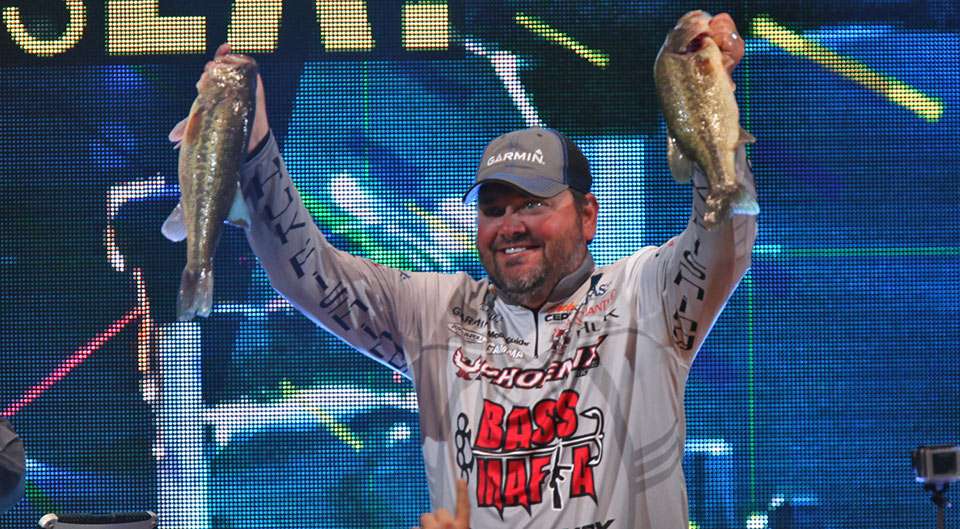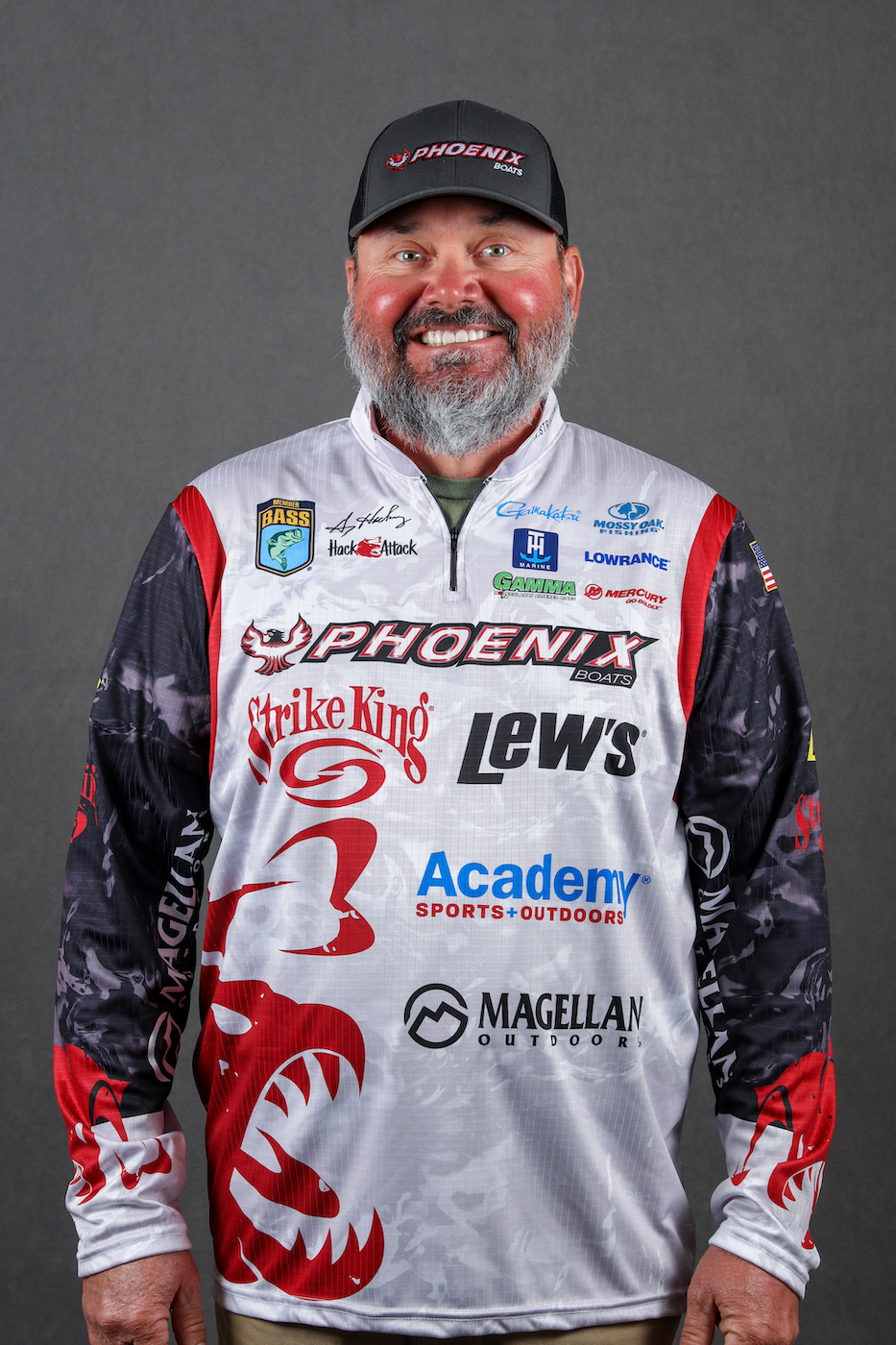
First things first: I want to start this column with huge congratulations to Edwin Evers. He’s a serious professional angler and deserves to be our Bassmaster Classic Champion. He’ll represent our sport to the fullest in the coming year, exactly like he has in the past.
Much has been made of his final day’s catch. That’s right. It was an extraordinary day of fishing in every respect. But, I also think that there was more to his win than just catching a huge sack on the final day. No Classic has ever been won with a single day’s performance.
Edwin had a pattern going in practice but when the water warmed — a lot and quick — he switched gears and did something different. Amazingly, he fished three different areas in three days and won by a blowout. That’s impressive. So, I respectfully suggest that when you look back on his title you think about more than just one days catch.
You’re the champ, Edwin!
I’d describe my own Classic as so-so. I caught some fish and made the Saturday night cut but I never really got on them, and I was never really confident about that was going on out there. There really isn’t much to say other than that.
One thing that I think is interesting about the Classic is that it seems like there’s always something that throws a wrench into things. One time it’ll be bitter cold. The next time it’ll be wonderful weather. Or maybe the water will do something funky.
In a way that’s a good thing. The Classic is special. It shouldn’t be a perfect tournament where the fish jump into the livewell. It’s fitting that there are challenges to overcome and result altering decisions to be made.
Here’s the way I’d break things down…
The water in much of the lake — including the best part in my opinion — was muddy and cold before the tournament started. That forced us to scatter around as we tried to put something together. But then the weather changed. It was almost picture perfect. If the water had been clear, you’d have seen catches that were out of sight.
What happened was that the surface water warmed fast. My guess is that the fish, especially the bigger females, moved up into the top foot or so of the water column. You couldn’t see them, though, because of the mud. And, regardless of how good you are with your electronics they won’t help you in that kind of scenario.
It was weird, really. You could move from one side of a big rock to the other and you’d see a 3 degree temperature difference. I don’t know if I’ve ever seen anything like it, and I’ve fished under an awful lot of strange conditions. Tough is too kind of a word for that.
Before I leave I want to tell Edwin Evers again what a great job he did breaking down things, meeting the challenges of changing conditions and putting the winning weight together. As a professional angler with decades of experience on the water I can tell you that what he accomplished was no small thing.
Next time we’ll talk about what I think happens when your fish “disappear.”

